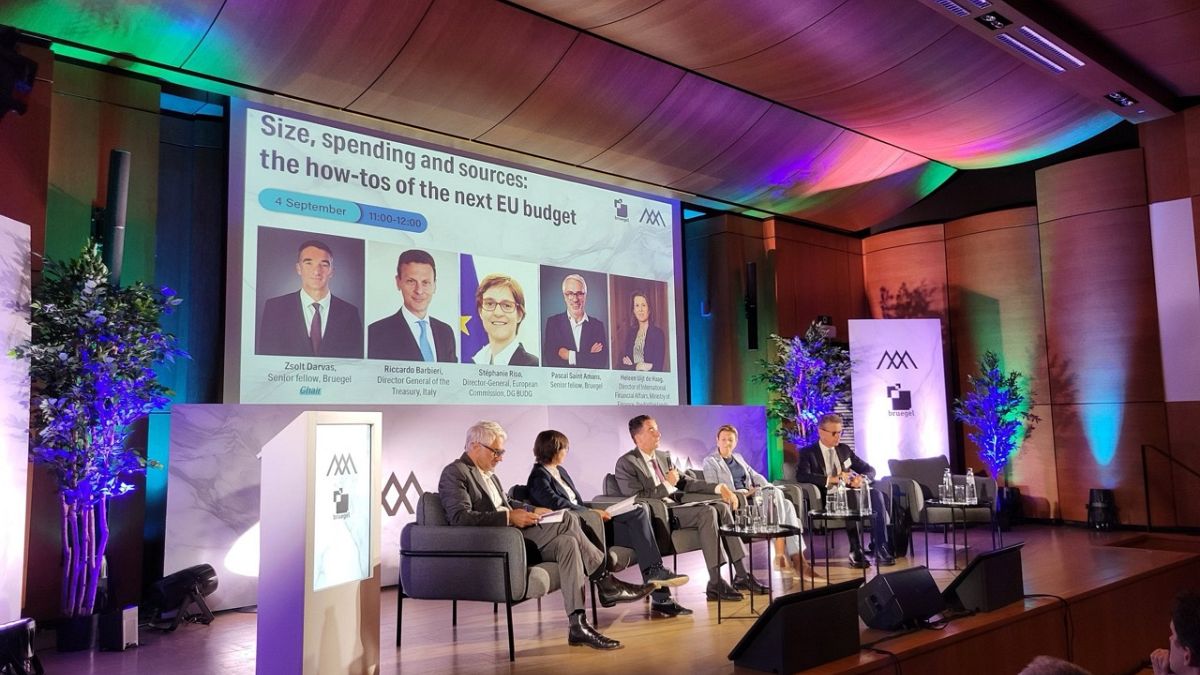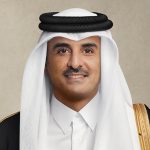The European Union is currently discussing how to finance its next budget and what areas should receive priority funding. An event organized by the Brussels-based think tank Bruegel offered some suggestions for the upcoming negotiations in 2025. The EU executive’s director-general for the budget emphasized the need for a more flexible, faster, and policy-driven budget that focuses on the bloc’s priorities rather than specific programs. Currently, the EU budget is equivalent to 1% of the bloc’s GDP, with most of the funds going towards common agricultural policy and cohesion policies.
According to the think tank Bruegel, the next EU budget should focus on areas where it can bring the most value and positive externalities to the entire EU. The analysts suggest reforming the two biggest spending areas, agriculture and cohesion, to better align with the evolving goals of the EU. They propose doubling the budget from 1% to 2% of the bloc’s GDP to adequately address future challenges. Additionally, the analysts recommend making the adoption of the budget subject to a qualified majority rather than unanimity to streamline the decision-making process.
One of the key suggestions from Bruegel is to explore new own resources acceptable to member states to finance the budget. This could include taxing carbon emissions or implementing EU-level corporate taxation. The think tank also proposes an exceptional and temporary debt-financed EU instrument to boost defense capabilities, filling the investment gaps caused by years of underinvestment in the defense industry and the conflict in Ukraine. However, joint borrowing remains a contentious issue with opposition from countries like Germany and the Netherlands, highlighting the need for consensus on financing methods.
In addition to exploring new financing options, Bruegel’s non-resident fellow suggested the possibility of implementing a global EU tax on the wealthiest individuals to generate additional revenue for the budget. This proposal aims to address the concentration of wealth in a few hands and could potentially provide a significant source of funding for EU initiatives. Overall, the discussions at the Bruegel event emphasized the importance of simplifying, streamlining, and increasing the EU budget to effectively address current and future challenges facing the bloc.
As the negotiations for the next Multiannual Financial Framework approach, it will be critical for EU member states to come to a consensus on the financing and spending priorities for the budget. The proposals put forth by Bruegel and other think tanks offer a roadmap for reforming the budget to better align with the evolving goals of the EU and ensure that funds are allocated to areas that provide the most value and positive externalities. By focusing on simplification, efficiency, and strategic investments, the EU can create a more effective and policy-driven budget that meets the needs of its diverse member states.








